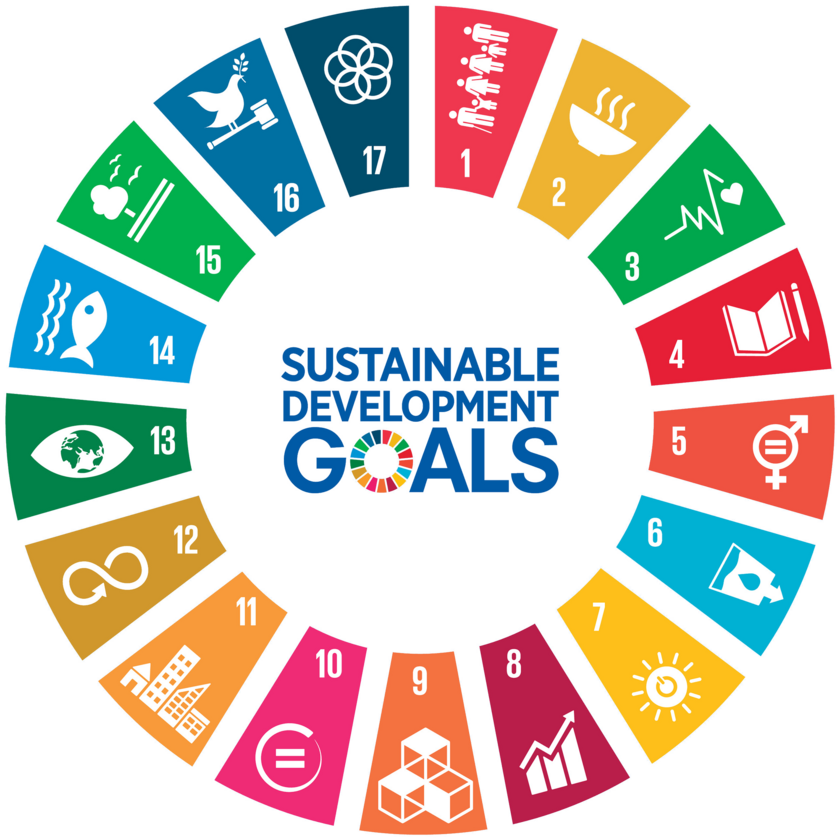Info Day Magazine 2023: Aquatic research for sustainable development
The Sustainable Development Goals (SDGs) of the 2030 Agenda for Sustainable Development are to be implemented globally and by all United Nations member states, including Switzerland, by the year 2030.
This Info Day Magazine 2023 highlights how research undertaken at Eawag is contributing to the achievement of these goals.
Water is a common theme that winds its way like a blue thread through all of the various SDGs. Among the 17 goals are topics such as “Good Health and Well-being” (Goal 3), “Clean Water and Sanitation” (Goal 6), “Sustainable Cities and Communities” (Goal 11) and “Life Below Water” (Goal 14). What approaches can be taken in implementing the SDGs, both in Switzerland and around the world? What role does applied aquatic research play in helping to ensure water security and sustainable wastewater treatment for the future? The articles in this magazine shed light on these and other related topics.
In focus
 | “The Sustainable Development Goals are part of everything we do” |
 | Agenda 2030 and the 17 Sustainable Development Goals (SDGs) The 2030 Agenda for Sustainable Development emerged as a continuation and amalgamation of two international agendas: the Millennium Development Goals from the year 2000 and Agenda 21, which was adopted at the UN Conference in Rio de Janeiro in 1992. |
 | “We’re on the right path, but the pace is still too slow” |
 | Keeping the emergency exit clear for aquatic organisms |
 | More green and blue in cities to enhance liveability |
 | Pollutants in groundwater: uncovering blind spots with machine learning |
 | Autarky – ultimate convenience in a one-stop solution Eawag develops technologies for the decentralised treatment of wastewater in locations with no sewers or mains water supply. These technologies are not only of interest in the Global South. |
 | An expert in the human factor |
 | Low-tech solutions for clean drinking water |
 | Solving the pesticide problem in dialogue with agriculture |
Cover picture: Symbols of the Sustainable Development Goals (SDGs) in which water is a central theme. These goals are at the heart of Eawag’s research (Watercolour: Eawag Communications / Philipp Ringli).
Order Info Day Magazine
The Info Day Magazine is available in German and French.




